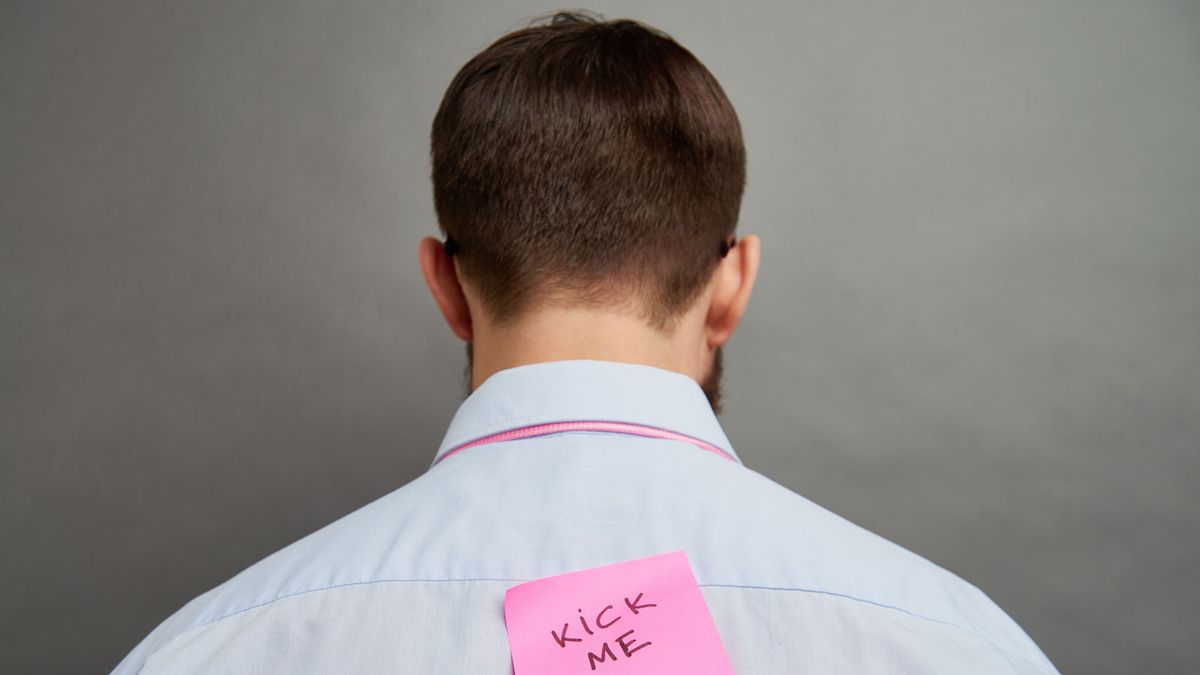There’s some uncertainty about when and where April Fools’ Day, aka All Fools Day (but not April Fool’s Day), began, but one common explanation traces this tradition back to 16th-century France.
Up until 1564, the accepted calendar was the Julian calendar, which observed the beginning of the New Year around April. According to “The Oxford Companion to the Year,” King Charles IX then declared that France would begin using the Gregorian calendar, which shifted New Year’s Day to Jan. 1.
Not everyone accepted this shifting of dates at the same time. Some believed that the dates should not be shifted, and it was these people who became the butt of some April jokes and were mocked as fools for celebrating the new year on the wrong day.
People sent gifts to their (least) favorite April Fool and invited them to bogus parties. Citizens in the rural parts of France were also victims of these jokes. In those days, news traveled slowly, and they might not have known about the shifting of dates for months or years.











